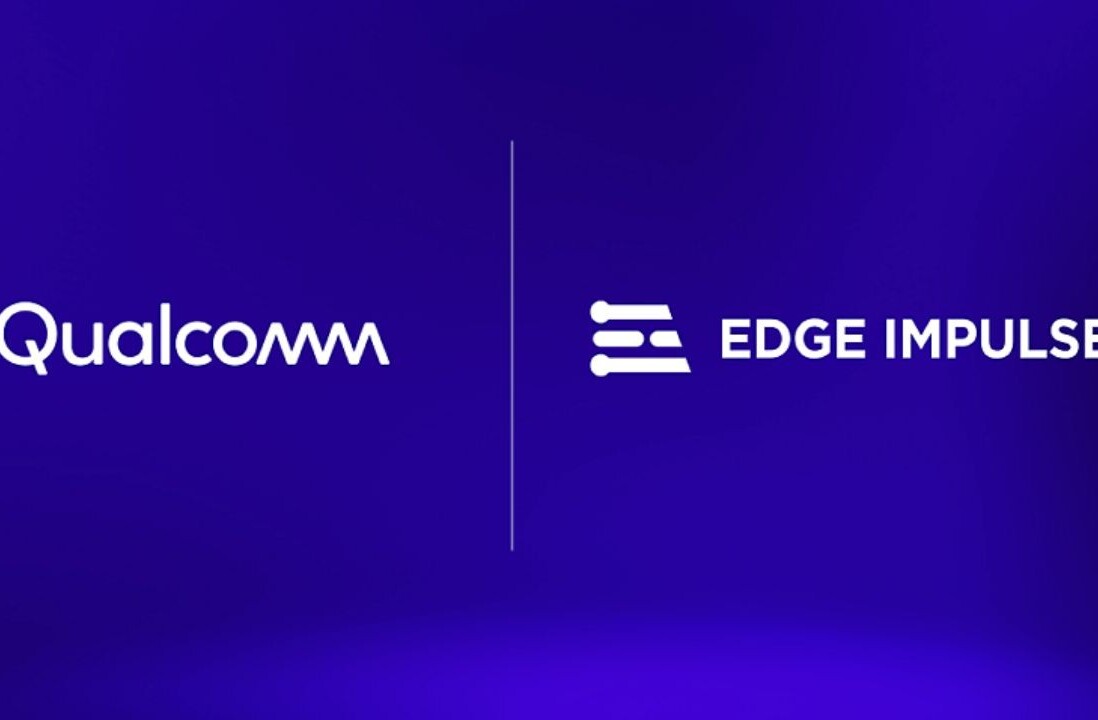
As part of the EU’s drive to become the first climate-neutral region globally by 2050, it has championed a number of initiatives to encourage more sustainable business practices that contribute to this goal. Most recently in July the Ecodesign for Sustainable Products Regulation (ESPR) came into force to galvanise businesses in select sectors to actively support this aim.
Part of the EU’s Circular Economy Action Plan (CEAP), the ESPR seeks to boost circularity and the practices that contribute to sustainability by creating a framework that helps make “sustainable products the new norm in the EU, by making them last longer, use energy and resources more efficiently, easier to repair and recycle, contain fewer substances of concern and include more recycled content.”
Information and communication technology (ICT) is earmarked as one of the priority product groups, likely due to its contribution to the escalating e-waste crisis. Global e-waste generation has nearly doubled since 2010, from 34 million metric tons to 62 million tons in 2022, and current projections put the figure at 82 million metric tons by 2030.
Any technology organisation placing products in the EU market — regardless of whether or not they were manufactured there — will need to comply.
To increase the traceability and transparency of information that contribute to sustainable practices, the ESPR framework mandates the use of Digital Product Passports (DPPs).
Why are Digital Product Passports (DPPs) in the mix?
DPPs are comprehensive digital records that can detail every aspect of a product’s lifecycle.
From outlining where raw or recycled materials have been used in the manufacturing processes, to the carbon footprint of the manufacturing process itself, or even warranty information or after-sales support, they can host a wealth of information about a product.
The potential for transparency of a product’s sustainability and recyclability is why they have become a critical component of the ESPR. By mandating DPPs, the EU seeks to ensure reliable data accessibility, which holds the potential to transform e-waste management and foster a more circular economy.
By providing more access to data pertaining to a product’s sustainability, technology companies manufacturing products or in the supply chain have the information they need to make more sustainable business practice decisions.
At the same time, they provide end-users with guidance on how to dispose of an item responsibly when it comes to the end of its lifecycle (e.g. which elements can be recycled, where to dispose of them) is expected to prompt them to act more sustainably in their day-to-day considerations. E-waste from electronic products also often contains hazardous materials such as lead and mercury, posing serious environmental and public health risks, so providing more information about this can lead to safer disposal too.
With the passport, and the information it contains, being available by simply scanning a data carrier such as a QR code or barcode, they can easily retrieve pertinent data about a product on demand.
So what does this mean for tech businesses today?
The ESPR officially came into force on July 18. In terms of next steps, the industry is awaiting information on the delegated acts which will detail specific compliance requirements and timelines for each of the product groups and associated industries that the regulation applies to. Aiming to change when the full legislation comes into force will arguably be too late.
The path to compliance will be intricate, requiring a thorough understanding of new regulations, assessment of current operations, and strategic planning for integrating DPPs. There are, however, a number of key initial steps technology businesses can take to help smooth the process.
How to integrate DPP compliance
First appoint a dedicated DPP compliance task force within your organization whose job it is to oversee the implementation and stay up to date with the latest regulations. The team should also seek a thorough understanding of the wider ESPR and related items to ensure full compliance is maintained.
Once your team is established, you should evaluate your current supply chain to identify any necessary modifications, and develop a detailed strategy outlining specific goals, actions, and timelines for integrating DPPs.
Finally — and not to be overlooked — look for trusted partners who can offer your team technical and strategic support throughout the implementation process. Their expertise and insights could prove invaluable in making the difference between a satisfactory implementation and a great one.
Proactivity now allows companies to prepare for the mandatory implementation of DPPs, fostering a culture of transparency and environmental responsibility that will appeal to both their consumers and regulators. Moreover, better oversight of products throughout the supply chain may lead to significant cost savings, increased efficiency, and reduced supplier fraud.
The EU intends for DPPs to greatly alter how businesses manage product life cycles, help them streamline their recycling processes, and reduce the environmental impact of e-waste by providing them with opportunities to identify improvement areas.
Eco-conscious consumerism
For consumers, the ESPR will help provide a reliable source of information about the products they purchase. This transparency will potentially enhance consumer confidence, as they can more easily verify the sustainability claims made by manufacturers.
In a market where eco-consciousness is increasingly influencing purchasing decisions, this could offer a competitive advantage by enabling businesses to showcase their sustainability credentials.
The introduction of the ESPR marks a significant step towards legislating for a more sustainable and circular economy. As the EU moves forward with this initiative, early preparation and proactive adoption will be crucial for businesses to stay ahead and capitalise on the benefits of this tech-based approach to sustainability.
Lars Rensing is CEO and co-founder of web3 solutions provider Protokol. He has over eight years’ experience in the web3 industry. Lars now leads the overall strategy and direction for Protokol, a specialist web3 technology provider that builds Digital Product Passport (DPP) solutions for companies of all sizes and stages.
Lars also currently serves as an adviser and board member for a number of startups leveraging web3 technology, helping them devise and enact their web3 strategies.
Get the TNW newsletter
Get the most important tech news in your inbox each week.




